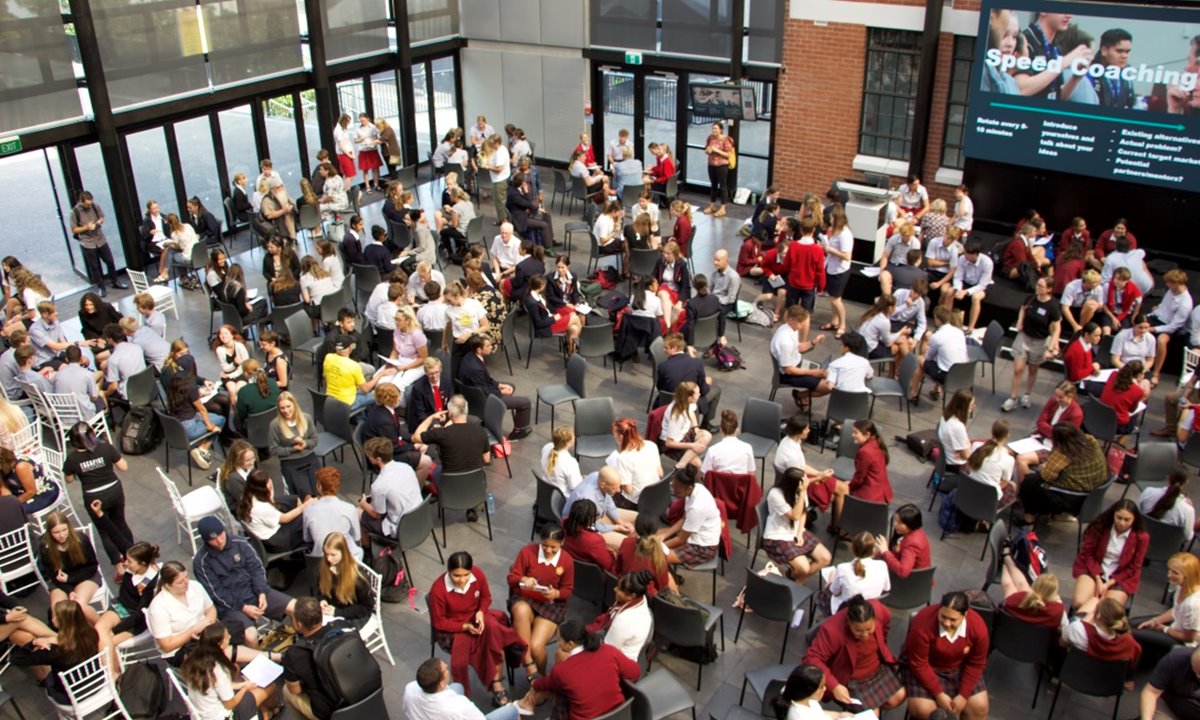Young people need education and support to develop connections with employers and transition into careers. What’s at stake? Their chance of advancing to better-paid jobs throughout their career, which will have an impact on their overall wellbeing.
Smart Waikato is a charitable trust formed in 2009 with the purpose of empowering youth and employers through real education and employment pathways. Mary Jensen has been the Chief Executive since its inception.
Smart Waikato creates change by influencing and shaping regional skills and employment initiatives to enable more equitable opportunities and outcomes for youth and employers. The Trust reduces the number of young people in the Waikato who are not in employment, education, or training and empowers them to take the next step in their career.
The trust has partnered with over 350 businesses, organisations, schools, iwi and government agencies to deliver Smart Waikato programmes which facilitate young people moving into the workforce and help employers become youth ready. Secondary School Employer Partnerships (SSEP) is an award winning initiative that facilitates vital connections across the region, at-scale.
Smart Waikato’s other programmes include Smart Transitions, an employment brokerage service, FutureForce Careers Hub, designed to give Waikato youth, their parents, and teachers real, impartial, and practical information on careers in their region, Career Hauora, endorseMe, STEP and the Young Enterprise Scheme, an experiential programme where secondary students can set up and run their own business.
Why Waikato?
Connectivity is at the heart of what Smart Waikato does and from Chief Executive Mary Jensen’s perspective, the region is a place where communities are deeply connected to one another. Mary says this boils down to the Waikato’s origins of rural life and along with that, people living here for generations. The employers, schools and students’ openness are what enables the success of the Trust’s programmes.
Mary and the Smart Waikato team find that there is an understanding and willingness from employers in the Waikato to take on young people and welcome them into the workforce. The secondary schools and university have strong networks and good connections with employers, and work with them to ensure that they are youth ready, meaning that they can understand, connect, recruit, develop and retain young people.
The Waikato also has a cheaper cost of living for tertiary students than other cities in New Zealand. The region offers good housing, convenient travel, plenty of part-time work and provides easy access to good amenities.



.jpg?sfvrsn=14164ce5_1&mode=crop&width=770&height=462&format=jpeg&quality=85)
.jpg?sfvrsn=414c0434_1&mode=crop&width=770&height=462&format=jpeg&quality=85)
.png?sfvrsn=16db4cf2_1&mode=crop&width=770&height=462&format=jpeg&quality=85)